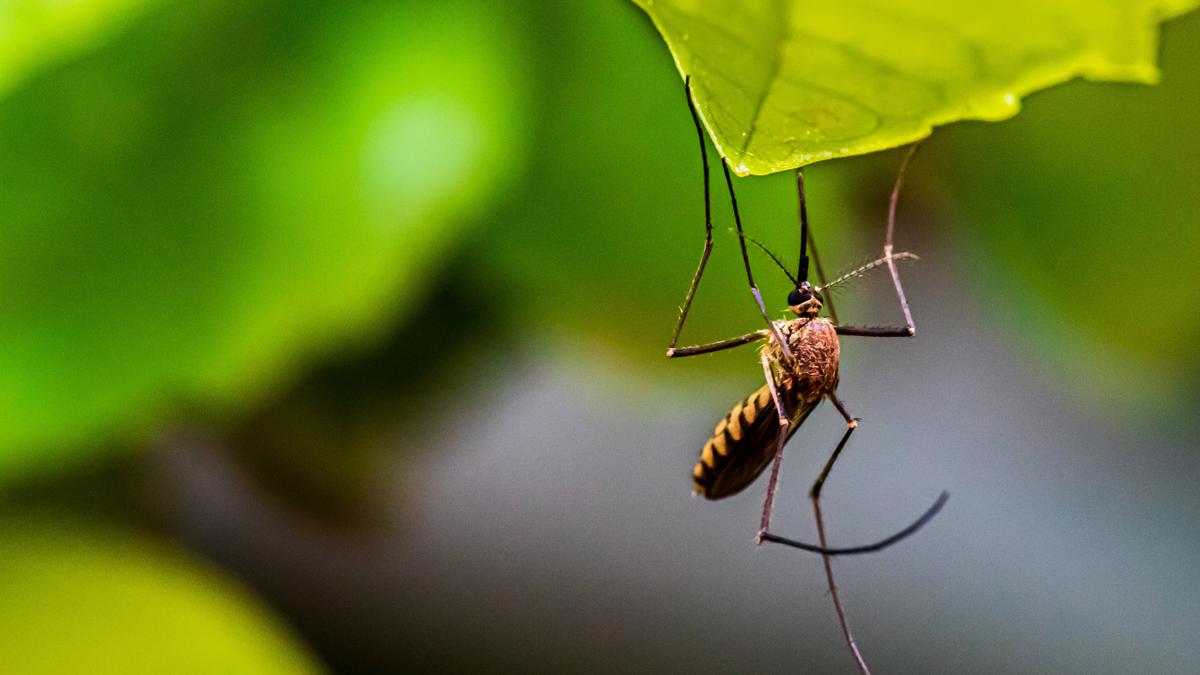
Explained | The problem with India’s new guidelines on genetically modified insects
The Hindu
In April 2023, the Department of Biotechnology (DBT) issued the ‘Guidelines for Genetically Engineered (GE) Insects’. They provide procedural roadmaps for those interested in creating GE insects. They have three problems for researchers, discussed in the article.
India’s bioeconomy contributes 2.6% to the GDP. In April 2023, the Department of Biotechnology (DBT) released its ‘Bioeconomy Report 2022’ report, envisioning this contribution to be closer to 5% by 2030. This ambitious leap – of $220 billion in eight years – will require aggressive investment and policy support. But neither funding for the DBT, India’s primary promoter of biotechnology, nor its recent policies reflect any serious intention to uplift this sector. Along with more money, policies that enable risk-taking appetite within Indian scientists will be required to create an ecosystem of innovation and industrial action.
Funding for biotechnology India has been stagnating for a while. Despite a slight uptick during COVID-19, when DBT led the vaccine and diagnostics efforts, funding hasn’t returned to the pre-pandemic level. The current allocation is also only 0.0001% of India’s GDP, and it needs to be significantly revised if biotechnology is to be of any serious consequence for the economy.
The reduced funding is detrimental to India’s national interests as well, considering the DBT is essential to any pandemic preparedness efforts. Further efforts are also needed to attract private funding in biotechnology research and development, a key area that industry representatives, investors, and government officials have highlighted multiple times.
Funding aside, biotechnology policies also need to be aligned to the economic goals set out in the Bioeconomy report. However, the language in a set of guidelines that the Indian government released recently, pertaining to genetically edited insects, indicate a problem.
In April 2023, the Department of Biotechnology (DBT) issued the ‘Guidelines for Genetically Engineered (GE) Insects’. They provide procedural roadmaps for those interested in creating GE insects. They have three issues, however.
The guidelines note that GE insects are becoming globally available and are intended to help Indian researchers navigate regulatory requirements. However, the guidelines don’t specify the purposes for which GE insects may be approved in India or how the DBT, as a promoter of biotechnology, envisions their use.
The guidelines only provide regulatory procedures for R&D on insects with some beneficial applications. The introduction states:

Beyond Hyderabad is building a thriving community for arts, music, trekking and heritage enthusiasts
Beyond Hyderabad (BH) offers diverse experiences through curated events celebrating art, music, food, and heritage in Hyderabad.












